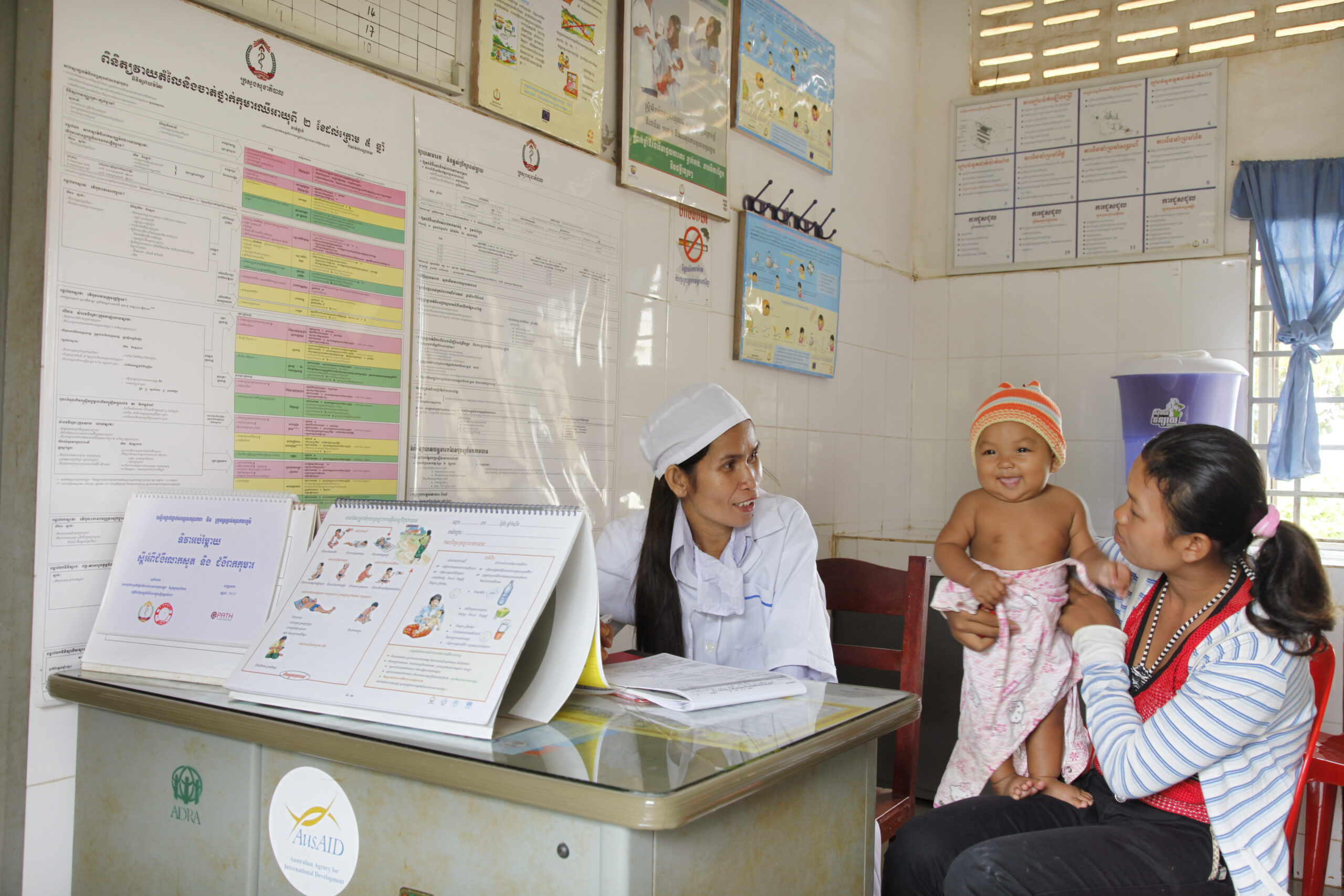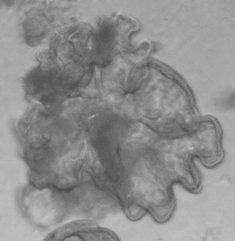
Protect every child from diarrhea.

For some families, a child’s diarrheal infection is a rare and mild inconvenience. It means a runny diaper. A fussy toddler. A trip to the local drug store to grab oral rehydration solution (ORS) and zinc—and then back to normal within a few days.
For other families, diarrhea is a life-threatening terror. It may start as a mild infection, but it quickly becomes more serious. It means a young child unable to eat or drink, growing limp, losing fluids at a dangerous pace. A difficult journey to a hospital.
Sometimes, it means the worst.
The difference between these two groups is not random. While any child regardless of wealth or circumstances can become dangerously ill with diarrheal disease, diarrhea most often strikes those whose families are poor and undereducated. Those living with limited access to safe water and sanitation, essential medicines like ORS, vaccination, or nutrition.
Diarrhea targets those whom society—our health systems, our governments, our entrenched systems of prejudice and inequity, and the inaction of those of us who benefit from such systems—has failed.
Diarrhea is both preventable and treatable. It should never be a death sentence. When just one family suffers the severe illness or loss of a child to diarrhea, it is a sign that our systems are not working.
It is a collective failure.
Furthermore, diarrhea perpetuates cycles of inequity. When a child is hospitalized with diarrhea, the family often spends a month’s income on treatment. The expense leaves less money for other necessities like food and education, and it can push the family into poverty.
Every time we collectively fail to prevent diarrhea, we deepen the trenches of inequity around us.
To end needless suffering from diarrhea and other preventable diseases and build a safer and healthier future, we must invest in health systems that protect everyone. And we must do it now.
We need health coverage that is truly universal. No child should be left unprotected, unvaccinated, or unreached with comprehensive primary health care. The COVID-19 crisis has laid bare the consequences of inequitable health coverage. It has also raised the urgency of achieving universal health coverage.
We can no longer go back to the status quo that brought us to the current COVID-19 crisis. We know universal health coverage is possible, but to achieve it, we need to fundamentally change our mindset.
Our motivation in fighting for universal health coverage must not be because we want to help others; we must demand it because until all of us are protected, none of us are protected.
The Aboriginal artist Lilla Watson once wrote, “If you have come here to help me you are wasting your time, but if you have come because your liberation is bound up with mine, then let us work together.”
Our lives, livelihoods, and futures depend on each other’s. That is why we fight to protect every single child from diarrheal disease. That is why we work toward a future where there are no longer two groups, but one: those who are protected.
Will you help us achieve it?


